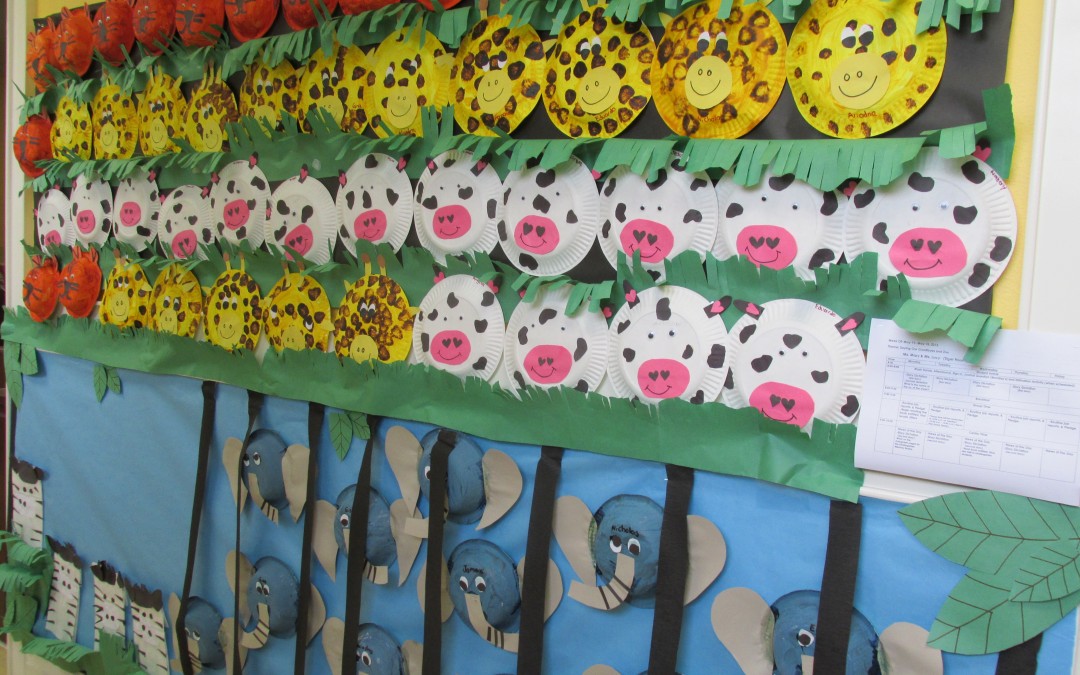Sarah Hernandez | Class of ’16 | February 4, 2016
It is no secret in the United States that the quality of a public school depends on the incomes of those families surrounding it. Basing a school’s budget on the income of its neighbors contributes to a dangerous cycle of poverty and results in higher crime rates in the same neighborhoods. High-Status families often self-select “good” schools through their social networks, creating a system of self-segregating white families moving to white neighborhoods and schools. Housing segregation and the difficultly of upward mobility for Black and Latino families trap them in lower-income neighborhoods that hamper their children’s educational opportunities. In fact, the longer a child resides in a poor neighborhood, the less likely they are to graduate high school.
Indeed, the majority of the children that Small Steps Nurturing Center serves are from Black or Latino families. In my short time there, I have learned the colorful, upbeat atmosphere is often a façade, with the struggle of poverty always looming over the children. The goal of Small Steps is to aid the social, emotional, physical, intellectual, and spiritual growth of economically at-risk children in the inner-city of Houston. And though the staff and teacher are dedicated and truly doing great work, the threat of poverty is never far off. Two to three children are often missing each day, in a class of 15. Many children have silver fillings for teeth, or require braces on their legs to walk properly. By the time the two-year olds start the program, they are at a 16 million word deficit compared to middle-class children. Additionally, studies show that if a child is not caught up by first-grade, they are unlikely to do so.
Understanding the compounding problem of poverty, Small Steps works to engage the parents in their child’s development. Parents are taught to use Social-Emotional Tools (SET) for Life, a series of positive language phrasings that improves a child’s self-esteem, encourages constructive expression of emotions, teaches age appropriate decision-making, and allows students to experience natural consequences. The teachers, staff, and volunteers are also trained in this language, and I now find myself using it at Rice to manage conflict. Additionally, Small Steps provides speech, group play, and occupational therapy for students who need additional help.
While Small Steps provides an amazing service to economically at-risk children, I often fear that it will not be enough. The United States has the highest rate of childhood poverty in the world. Small Steps receives four applications for every open slot. The sheer size of the problem is daunting at best and tragic at worst. The most heartbreaking part of the problem is that the no-brainer solution, providing universal pre-K education, is met with staunch resistance from government officials, despite its proven benefits to society. It costs $10,000 a year to educate a child, but $44,000 to incarcerate an inmate. The savings and benefit to society would be paramount. Until the United States provides universal, quality pre-K education for every child, I fear that the United States is falling behind, trapping subsequent generations in a cycle of poverty and incarceration without any glimmer of hope for the American Dream.

